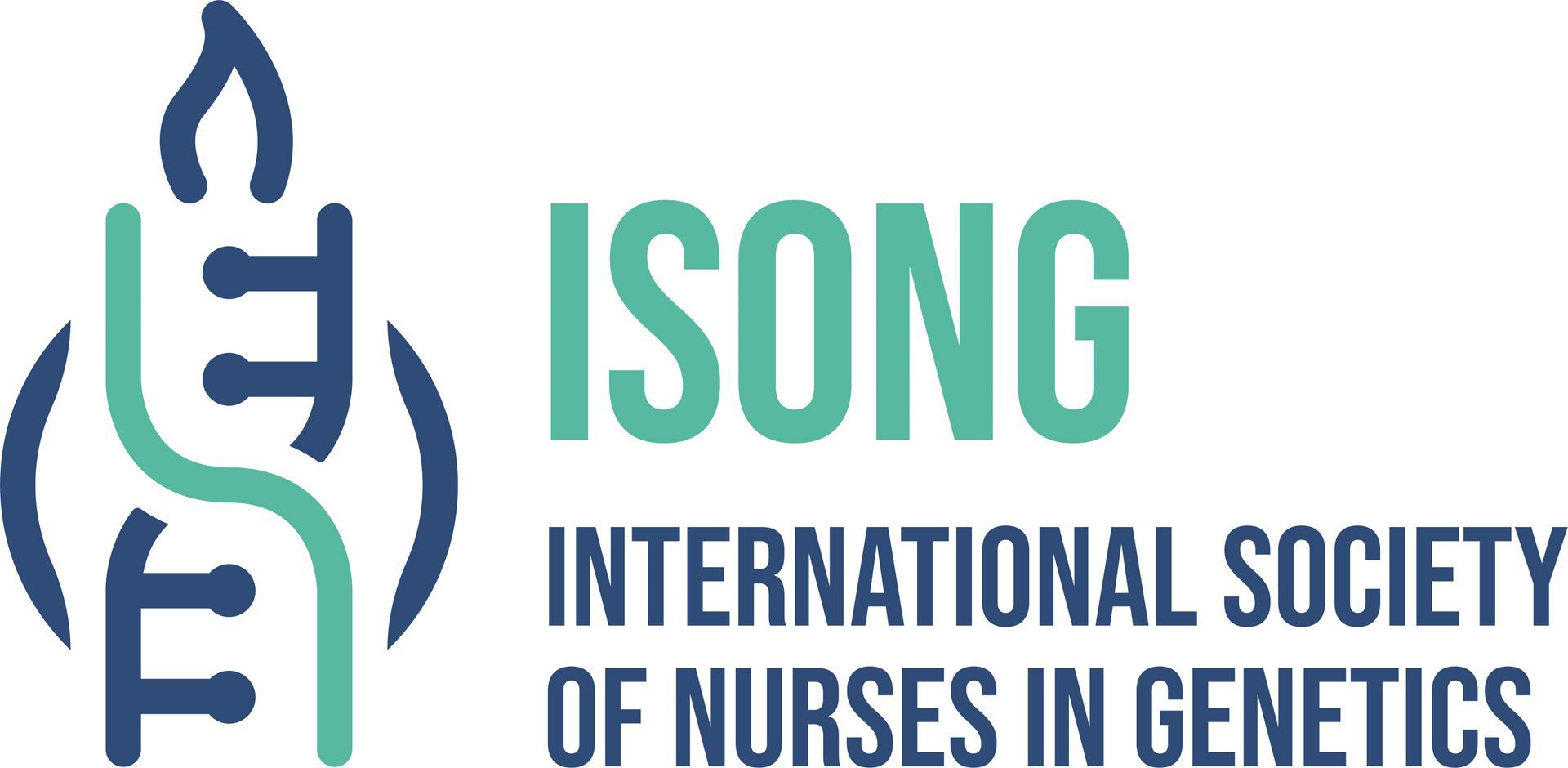LOGIN |
Research ResourcesISONG Position Statement: Genetic Biobanking for ResearchThe ISONG Position Statement on Biobanking is a clear and thoughtful statement on an important issue. Thanks to Laura Hays, PhD, APRN, CPNP-PC, FAHA, Maggie Hornung, ACGN, FNP-BC, CN-BP, DNP student and Alexis K. Hall, PhD, MSP, BSN, RN, DNP and all members of the Ethical Issues and Public Policy Committee who contributed to this excellent work. NIH Policies and Potential ResourcesThe link below summarizes NIH policies and potential resources, but the link is not comprehensive. NIH Investigators are required to have a data sharing plan in place, and they have a variety of choices. Research Portfolio Online Reporting Tools (RePORTER)Genomics and Other Research Resources
|
| Resource Link | Organization | Description | Comments |
| Inclusive Community Recruitment | AVAC Global Advocacy for HIV Prevention |
Guide for researchers on being inclusive when recruiting participants, involving a community and returning research results to a community | No cost to use |
| NCI LD Link | National Cancer Institute | LD Link is a suite of web-based applications designed to interrogate linkage disequilibrium easily and efficiently in population groups. Each included application is specialized for querying and displaying unique aspects of linkage disequilibrium. | No cost to use |
|
Psychiatric Genomics Consortium (PGC) |
The University of North Carolina at Chapel Hill | PGC contains Data Access Portal for researchers to access genetic datasets of psychiatric disorders, including ADHD, Alzheimer’s disease, autism, bipolar disorder, eating disorders, schizophrenia, major depressive disorder, OCD, PTSD, etc. | No cost to use |
| GIANT Consortium |
GIANT Cohorts and Groups |
GIANT Consortium provides access to summarized genome-wide meta-analysis data files in Anthropometric traits. | No Cost to Use |
| PhenX Toolkit | PhenX has been funded by the National Human Genome Research Institute (NHGRI) since 2007. | A Web-based catalog of recommended measurement protocols. |
No cost to use the website, citation of the site is available. |
|
WHO (World Health Organization) Framework on integrated, people-centered health services |
World Health Organization | Page 6 shows a framework |
No cost for this resource; directions on citing use available in the document. |
| University of Wisconsin Neighborhood Atlas | University of Wisconsin | Living in a disadvantaged neighborhood has been linked to several healthcare outcomes, including higher rates of diabetes and cardiovascular disease, increased utilization of health services, and earlier death 1-5. Health interventions and policies that don't account for neighborhood disadvantage may be ineffective. |
No cost for this resource, directions on citing use available on the site. |
|
STRING is part of the ELIXIR infrastructure |
STRING is a database of known and predicted protein-protein interactions. The interactions include direct (physical) and indirect (functional) associations; they stem from computational prediction, from knowledge transfer between organisms, and from interactions aggregated from other (primary) databases. | No cost for this resource, directions on citing use available on the site. | |
| University of California Santa Crux Genome Browser | On June 22, 2000, UCSC and the other members of the International Human Genome Project consortium completed the first working draft of the human genome assembly, forever ensuring free public access to the genome and the information it contains. | No cost for this resource so long as it is not used for commercial purposes, citation use available on site genome.ucsc.edu/conditions.html | |
| CHTN Cooperative Human Tissue Network | National Cancer Institute supported resource | The CHTN was initiated in 1987 by the National Cancer Institute (NCI) Cancer Diagnosis Program to provide increased access to human tissue for basic and applied science from academia and industry to accelerate the advancement of discoveries in cancer diagnosis and treatment. | There is a cost, see website for details. |
NCI SEER Surveillance, Epidemiology, and End Results Program |
National Cancer Institute | Good for up-to-date US statistics on cancers. These webinars help researchers learn how to use the data. | No cost to use. |
